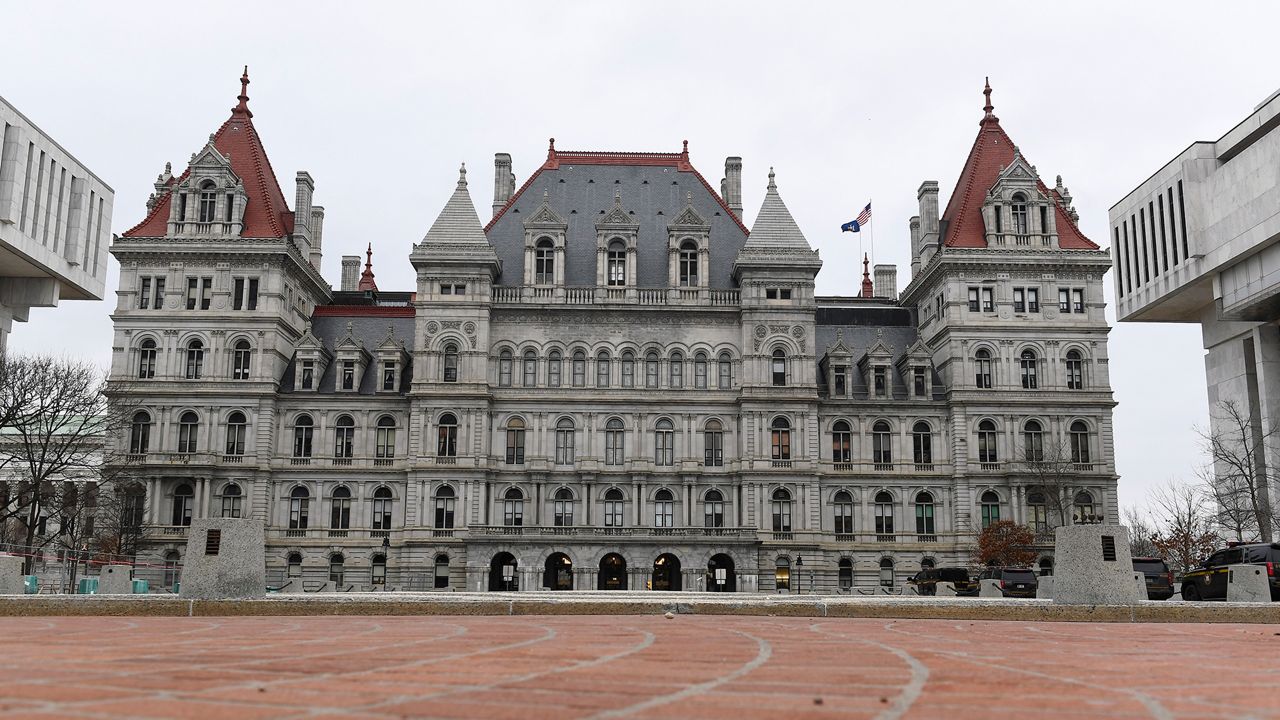A bill awaiting Gov. Kathy Hochul's consideration would make key changes to a little known, but important spending oversight board -- and a coalition of government watchdog organizations is urging her to sign it.
The measure would repeal a change made during Gov. Andrew Cuomo's administation to the Public Authorities Control Board, an obscure but powerful board that holds sway over important projects. If approved, the law would prevent the removal of members of the board by the governor and broaden the scope of their powers beyond the consideration of whether there is enough money to fund a project.
"The legislation restores the independence of the PACB and ensures that the legislative and other representatives on this body are given the power to conduct proper oversight of public authority proposals without fear of retribution," good-government organizations, led by Reinvent Albany, wrote in a memo in support of the legislation.
The memo was signed on to by a variety of good-government and progressive organizations, including Citizens Union, Common Cause and the Alliance for Quality Education.
The creation of the board had the effect of defusing power from how government authorities, quasi-public entities that have been used as vehicles for major government spending efforts, are overseen by state officials. Authorities have more flexibility to borrow money and execute projects, but have come under criticism for lacking oversight and holding too much debt.
The control board, composed of members appointed by the governor and state Legislature, periodically must make decisions for important projects, such as the redevelopment of Penn Station in New York City. Perceived opposition at the board to Amazon's planned expansion in Queens led to the company dropping its plans in 2019.
But reform groups have long argued the board serves an important purpose and that its wings shouldn't be clipped.
"When the former governor limited board members’ powers and empowered the executive to unilaterally remove members of the PACB," the groups wrote, "it subverted the board’s very reason for existing."



